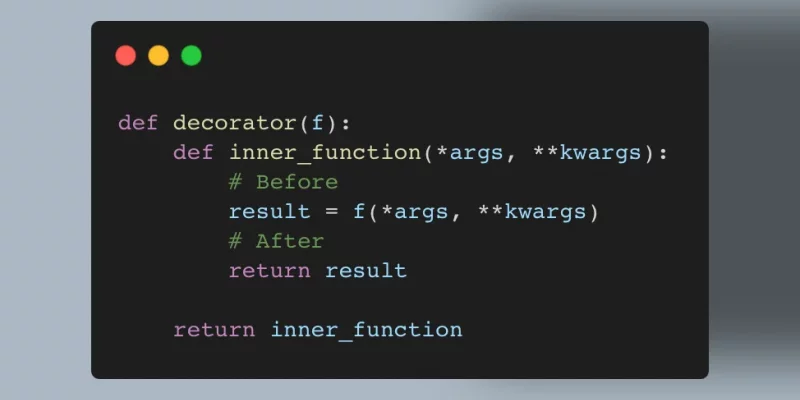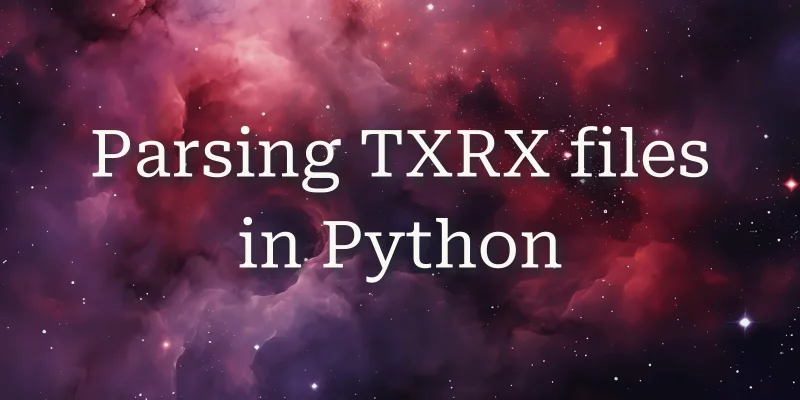I used an LLM to write a countdown timer and I have mixed feelings about the result.
Today I learned how I can use the method 'groupdict' from a regex match to get a dictionary with all named groups.
In this article I explore functools.cmp_to_key and propose a possible implementation.
This article teaches the decorator pattern in Python, why it exists, how to use it, and when to use it to write efficient and idiomatic Python code.
Today I learned that if you suppress the exception KeyboardInterrupt then your program is still interrupted but it doesn't display a traceback.
Today I learned that the hash of an integer is the integer itself, except for -1. The hash of -1 is -2.
Today I learned how to allow my custom objects to be unpacked into keyword arguments like '**kwargs'.
Reverse-engineering the program from “Chronospatial Computer”, day 17 of Advent of Code 2024.
Today I learned how to use the Polars function pl.date_range to create date sequences with calendar-aware intervals between dates.
Solving “Bridge Repair”, from day 7 of Advent of Code 2024, in 4ms with Python with a simple deductive algorithm.
Today I learned how to use shell scripting to activate my virtual environment automatically when I change directories.
In this article I show how I wrote a parser to parse TXRX files into a more manageable object in Python.
Today I learned about 5 useful pytest options that let me control what tests to run with respect to failing tests.
This article goes over the content I taught at the world's largest programming lesson that broke a Guinness World Record with 1668 students.
The function random.shuffle relies on the mutability of the argument and mutability is a pain in the arse, so we propose an alternative.
This article outlines how I use a pre-commit hook and cog to keep my blog stats updated automatically.
The dunder method __new__ is used to customise object creation and is a core stepping stone in understanding metaprogramming in Python.
This article shows how you can create a case-insensitive string class using some basic meta programming with the dunder method __new__.




















